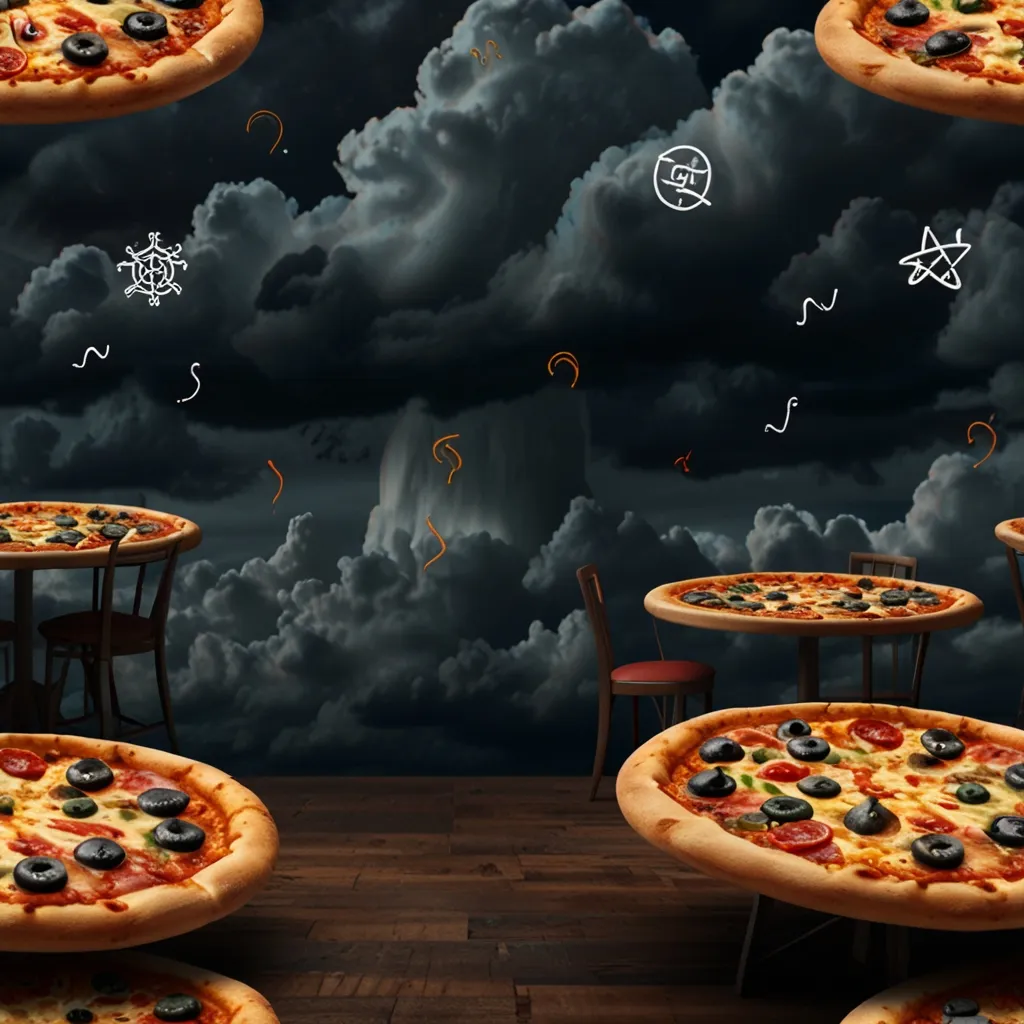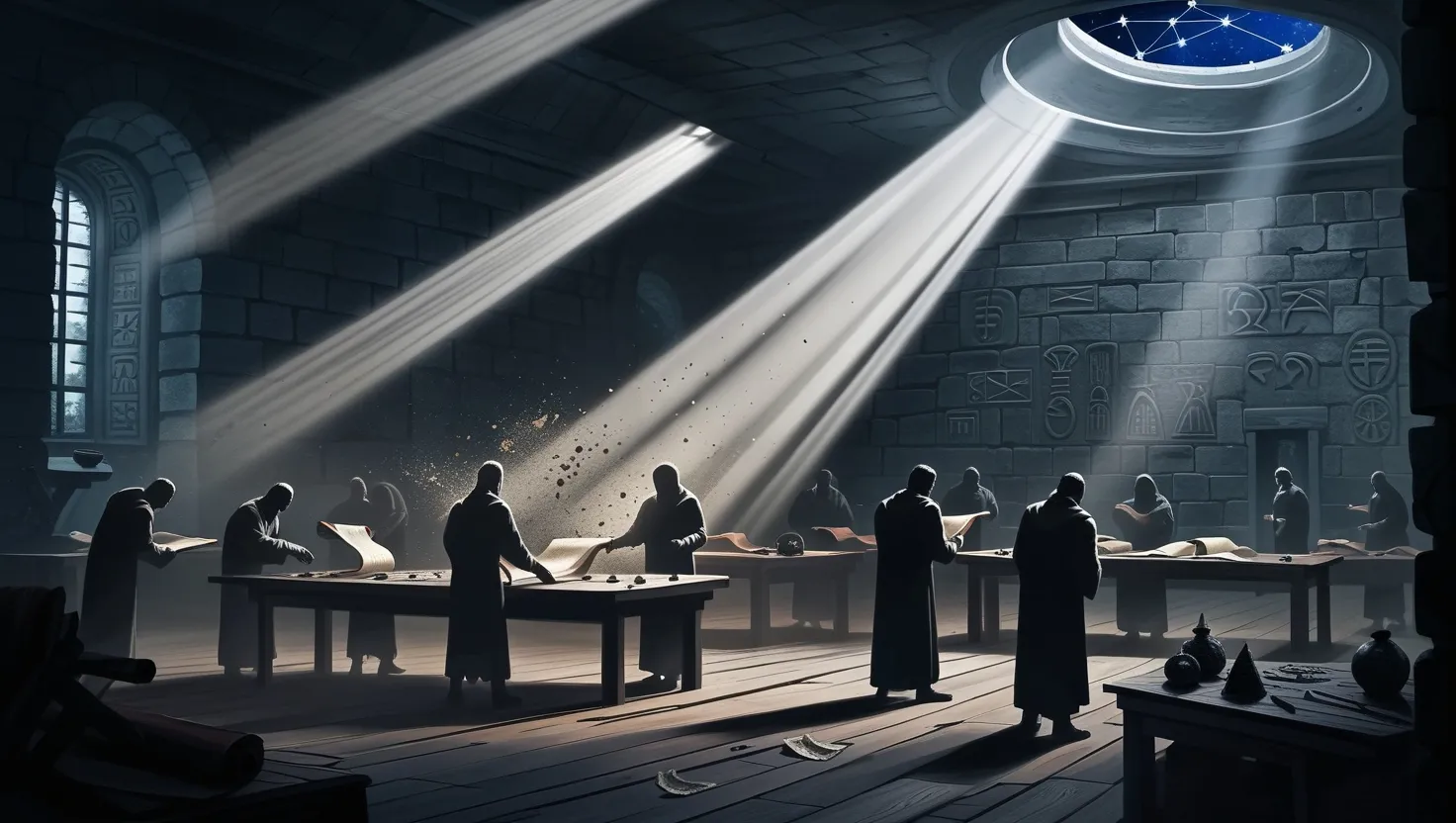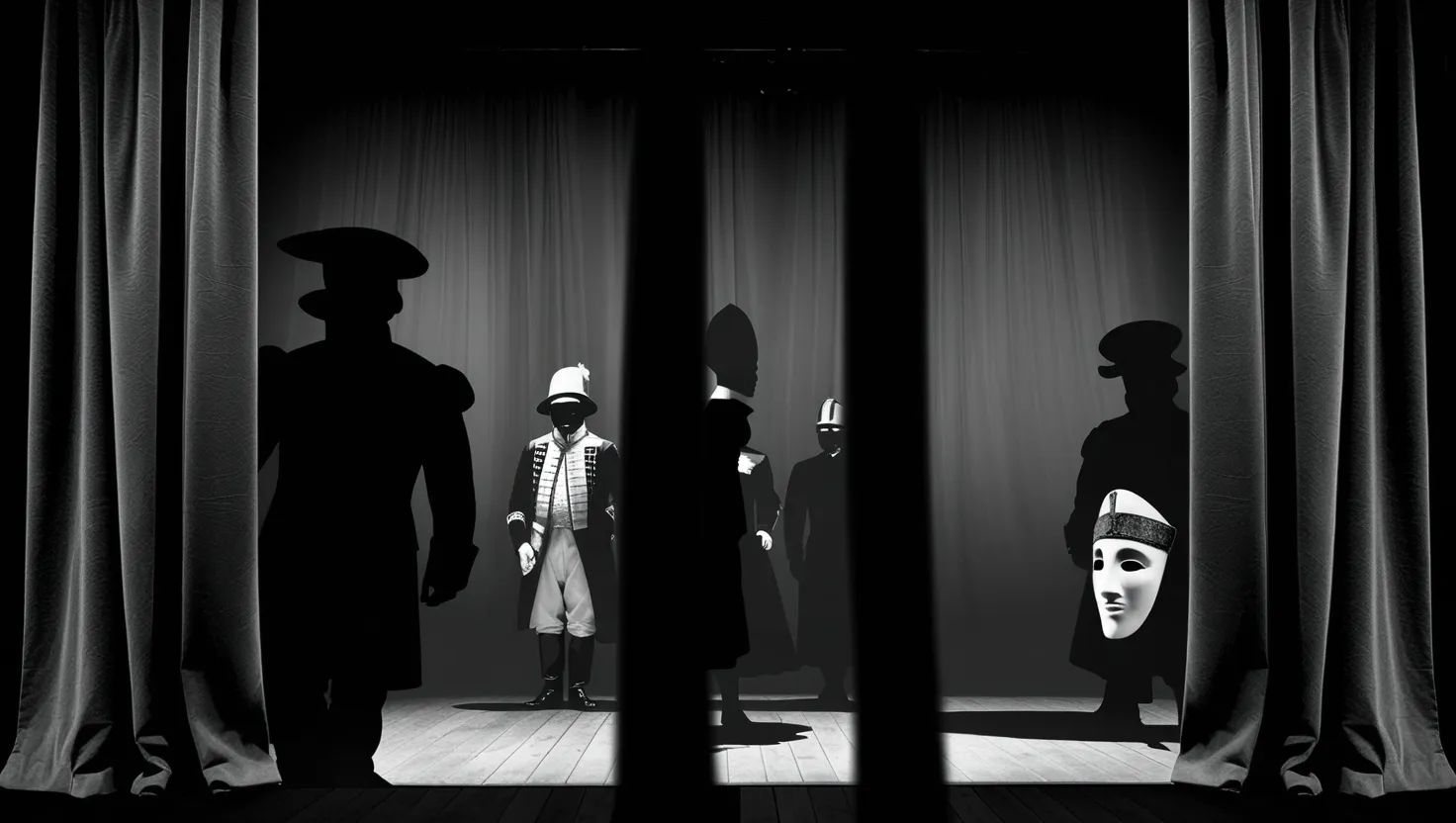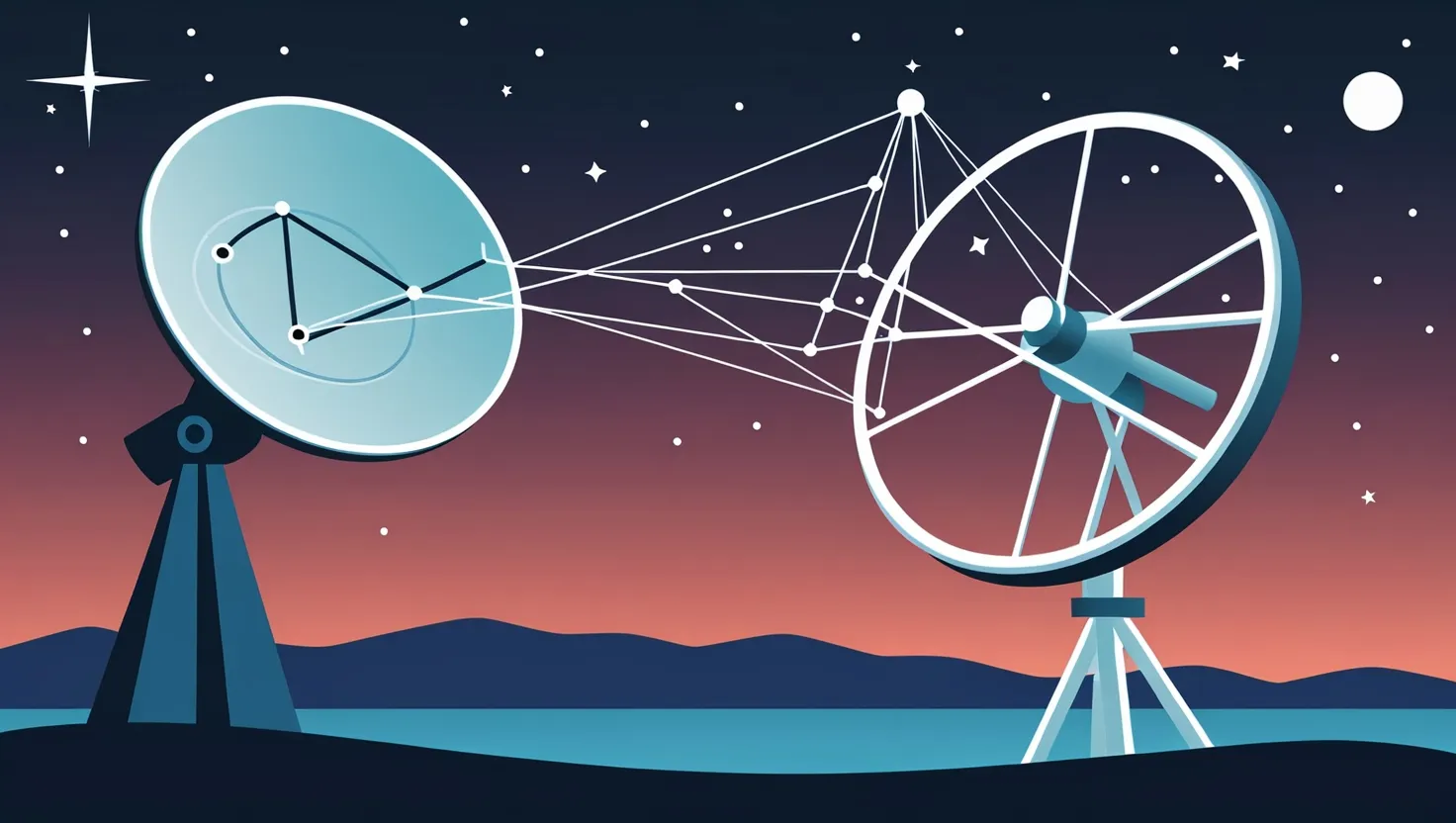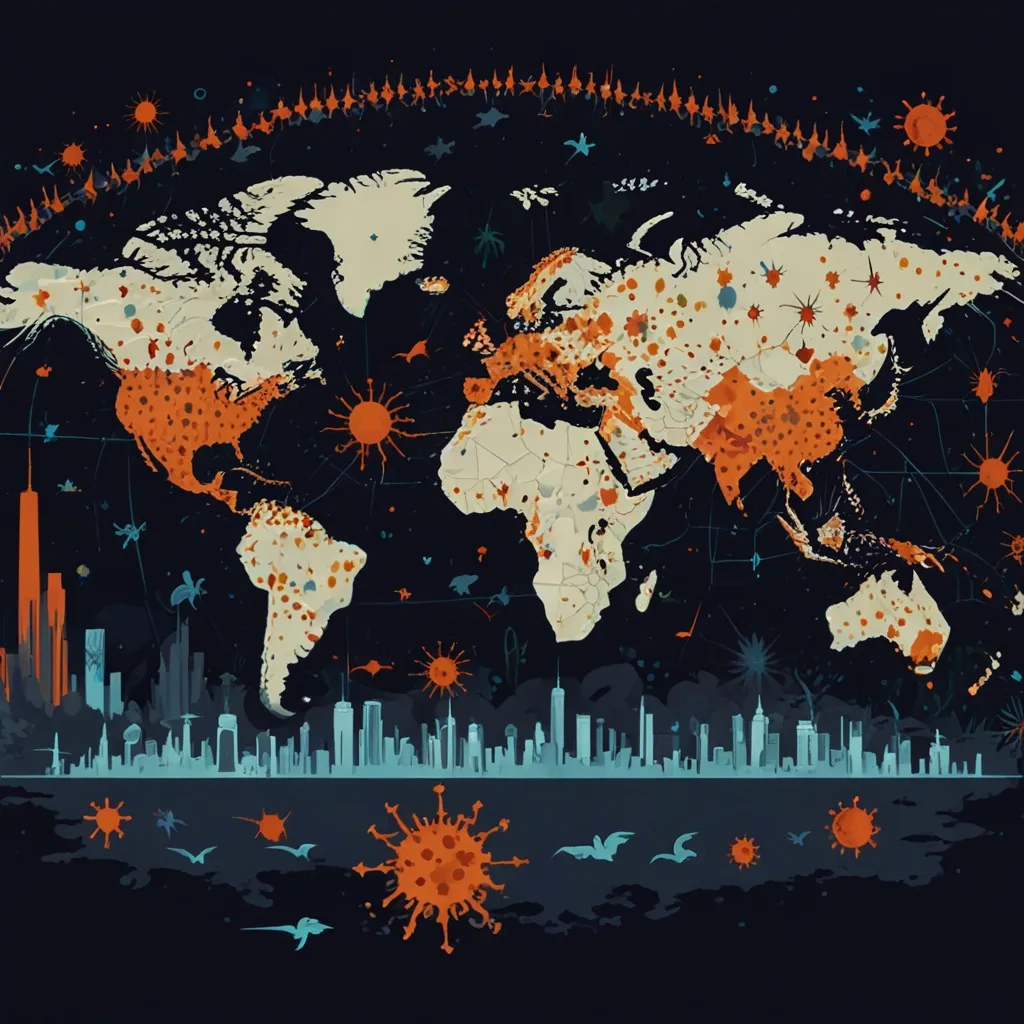In the heart of Washington, D.C., lies a small pizza spot called Comet Ping Pong, which became the bizarre center of the Pizzagate conspiracy. This wild theory claimed the restaurant was a front for a child trafficking ring involving top Democrats like Hillary Clinton and her husband, Bill. Totally debunked but still dangerous, this theory spun a wild web of lies that had serious real-life consequences.
It all began during the 2016 presidential campaign. WikiLeaks released emails from John Podesta, Hillary Clinton’s campaign chairman, and among these messages, Comet Ping Pong owner James Alefantis was mentioned. Alefantis, known for his Democratic ties, somehow ended up as the target. Users on 4Chan, an anonymous message board, twisted innocent terms like “pizza” and “cheese” into something sinister.
The conspiracy didn’t stay put; it went viral across Twitter, Reddit, and more. Fake news articles popped up about child trafficking, kill rooms, and cannibalism, spreading like wildfire. The hashtag #Pizzagate blew up, reaching folks far and wide, even as far as Saudi Arabia. Nearby businesses and bands connected to Comet Ping Pong also got tangled in this web of lies.
Things took a dangerous turn when Edgar Maddison Welch from North Carolina showed up at Comet Ping Pong with a rifle, thinking he was on a mission to save kids. Thankfully, no one was hurt, and Welch was arrested for his actions. But the damage was done—Alefantis and his staff were bombarded with death threats, and the restaurant became a target for protesters.
Despite zero evidence, the conspiracy kept going, fueled by misinformation and mistrust in mainstream media. Big names like Elon Musk even chimed in, sharing memes that reignited the false narrative. The whole story shows how a mix of conspiracy theorists, Russian operatives, and political players can spread fake news far and wide.
Pizzagate thrived among Trump supporters and far-right activists, turning into political ammo. Even with countless debunking efforts, some people remain convinced. Experts say presenting facts might sway undecided folks but usually bounces right off hardcore believers.
Pizzagate is a prime example of how dangerous conspiracy theories can be, especially in today’s hyper-partisan world. It highlights why it’s crucial to double-check information and avoid spreading lies. The Comet Ping Pong saga serves as a wake-up call about the power of false narratives and the need for critical thinking in the digital age.
